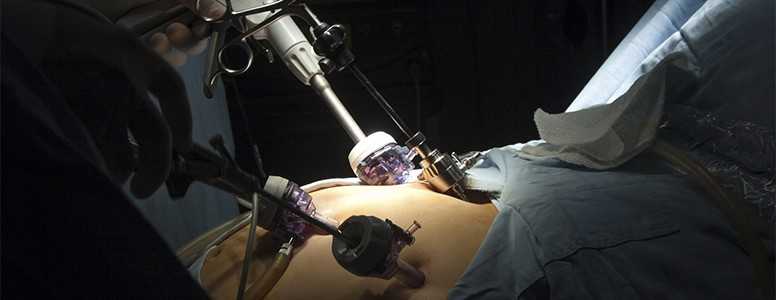A new study has found that remission and weight loss benefits are sustained over years after undergoing bariatric surgery, particularly gastric bypass.
Bariatric surgery has been shown to improve weight, blood glucose control and microvascular complications in those with prediabetes and type 2 diabetes. But the magnitude of change and duration of effects vary for all types of surgery.
The new study compared weight change and the odds of diabetes remission across time for Roux-en-Y gastric bypass (RYGB) and laparoscopic adjustable gastric banding (LAGB).
Researchers from the University of Pittsburgh Medical Centre conducted a seven-year annual follow-up of 2,348 people, of whom 1,738 underwent RYGB and 610 underwent LAGB at ten different US hospitals.
Overall, most participants maintained some weight loss with both surgeries. RYGB was however found to be a more effective weight loss treatment than LAGB, although there was slightly less weight gain rebound year-on-year with LAGB.
Seven years post-operatively, people who underwent RYGB reduced their starting weight by 38.2 kg (28.4%) while those who opted for a LAGB procedure achieved a mean weight loss of 18.8 kg (14%).
A higher proportion of people managed to reverse their diabetes following RYGB than LAGB. The remission rate at seven years was 60.2 per cent for RYGB, compared to 20.3 per cent with LAGB. In the year after RYGB, 71.2 per cent of people were in remission.
The long-term benefits of bariatric surgery extended beyond weight loss and diabetes remission. There were significant improvements to the lipid profile of participants following both procedures.
The RYGB group saw a reduction in their triglycerides and LDL cholesterol levels, along with an increase in their HDL cholesterol and better blood pressure seven years on. LAGB was only associated with higher HDL cholesterol and lower triglycerides.
Researchers underscored that reoperations for revision or removals occurred more frequently in those who had a LAGB than those who had gastric bypass.
Nearly one-third of patients had some type of surgical revision or reversal within seven years of LAGB while the prevalence of subsequent interventions in the RYGB group was less than one per cent.
In conclusio, weight loss and other health improvements in metabolic control and lipids are durable over the long term with bariatric surgery, but RYGB appears to produce more dramatic changes.
The findings were published in the journal JAMA Surgery.
What's new on the forum? ⭐️
Get our free newsletters
Stay up to date with the latest news, research and breakthroughs.





